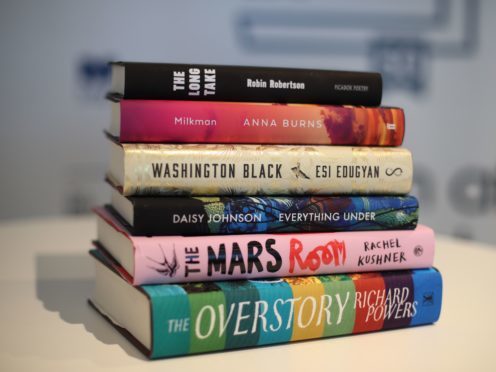British author Daisy Johnson has become the youngest author to be shortlisted for the prestigious Man Booker Prize.
The 27-year-old, one of the six on the shortlist for the literary fiction prize, has been recognised for her book Everything Under.
The other five authors on the list are British author Anna Burns for Milkman, Canadian author Esi Edugyan for Washington Black and Scottish poet Robin Robertson for The Long Take.
The list features four female authors and three British authors in total, as well as two American authors: Rachel Kushner for The Mars Room and Richard Powers for The Overstory.
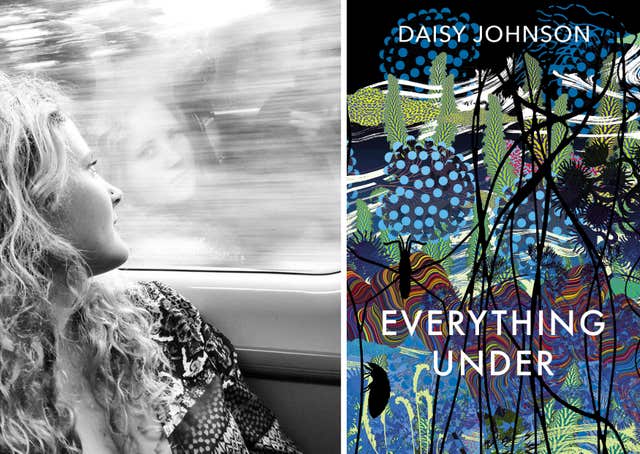
Announcing the shortlist at a press conference in London, the chair of this year’s judging panel, Kwame Anthony Appiah, said: “All of our six finalists are miracles of stylistic invention. In each of them the language takes centre stage. And yet in every other respect they are remarkably diverse, exploring a multitude of subjects ranging across space and time.
“These books speak very much to our moment, but we believe that they will endure”.
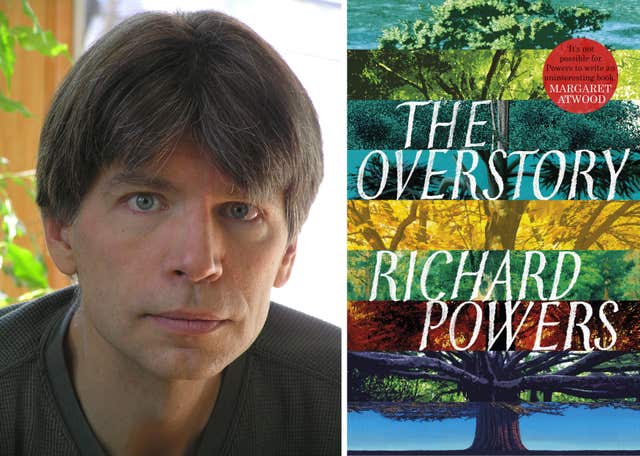
The list of 13 authors from the longlist announced in July this year was whittled down to the final six by the five-strong judging panel comprised of Appiah, as well as Scottish crime writer Val McDermid, cultural critic Leo Robson, writer and critic Jacqueline Rose and graphic novelist Leanne Shapton.
Works chosen this year encompass slavery, imprisonment, sectarian violence, and the acute dependence of humans on the natural and its coming catastrophe.
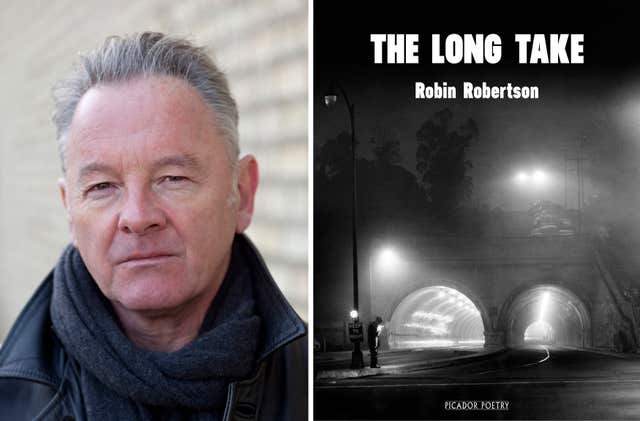
Johnson’s Everything Under tells the tale of a girl living on a canal boat, mixing memory and “personal mythologies” as she looks back to her youth and examines language.
McDermid said that the novel is summarised by the word “fluidity”, in myth, story and in gender, in a retelling of the tragic Oedipus myth.
Kushner’s The Mars Room was labelled a “heartbreaking exploration of lives at the margins of society”, by Appiah. It is set against the grim backdrop of a women’s prison.
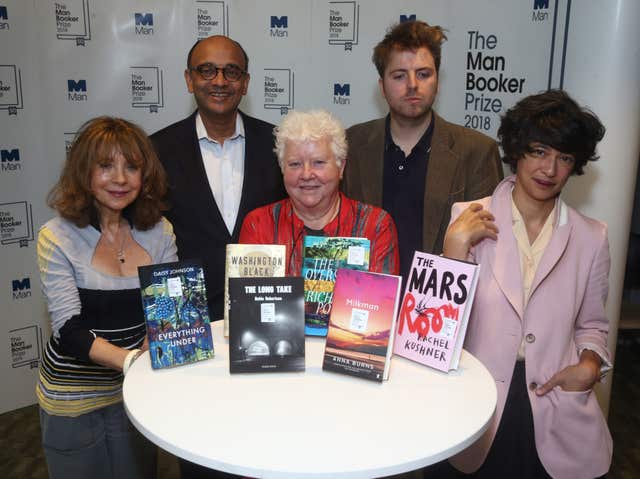
Burns’ Milkman uses her experiences of the Troubles in Northern Ireland to explore politics and society through sexual harassment and the stifling nature of some communities. It grapples, in the words of Appiah, with “daily violence”.
A tale of slavery and history told through a fable-like lens, Edugyan’s Washington Black has been described as a “ravishing” and sweeping novel which takes in everything from the plantations to Moroccan deserts. The Canadian author was praised by panel judge Robson for having told the tale with “majestic grandeur”.
We are pleased to announce our #ManBooker2018 shortlist. Read more about the list here: https://t.co/iL5pmgKpaZ pic.twitter.com/oseLM53vGE
— Man Booker Prize (@ManBookerPrize) September 20, 2018
With a genre-defying entry, Robertson’s verse novel The Long Take – which also includes photographs – follows the psychological trials of a D-Day veteran.
Powers has been selected for The Overstory, which sees nine strangers “summoned by trees”. Graphic novelist and judge Shapton said it was the “eco-epic of the year and perhaps the decade”.
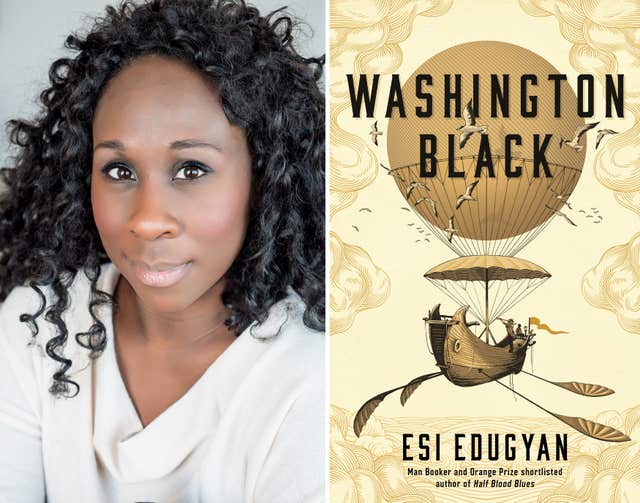
The judges responded to the inclusion of non-UK authors with chair Appiah saying they “do not check writers’ passports” but simply read the books.
In 2013, aged 28, New Zealander Eleanor Catton was previously the youngest winner of the £50,000 prize for her novel The Luminaries.
The Man Booker Prize for fiction was first awarded in 1969 and the winner will be announced on October 16.
